ADEWOLE ADAMSON, M.D.
This dermatologist-researcher has two superpowers: a healthy skepticism for conventional wisdom and a megaphone.
Turns out, they’re key to increasing access and making treatment more effective.
In the last 40 years, the incidence rate of melanoma increased sixfold, with nearly 200,000 diagnoses expected in 2022 by the American Cancer Society. The catch? The death rate has largely remained flat.
Last year, Adewole “Ade” Adamson, M.D., co-authored an article in the New England Journal of Medicine pointing out this data, to both acclaim and intense criticism.
The Diagnosis Epidemic
“It’s being called the ‘third rail’ of dermatology. We have an epidemic of diagnosis as melanoma screenings are increasingly pushed for, but it has had no effect on the outcome of interest: death,” he says. “This is not to say screenings aren’t important, as some people may benefit — but many people are potentially having unnecessary procedures done, while others aren’t able to get timely access to dermatologists.”
It’s not the first time Adamson — trained at Harvard and MIT, and increasingly recognized as a leading voice in flagging critical, yet overlooked, issues like skin color bias in AI — has challenged long-standing views. He has been vocal, for example, in correcting misinformation about the ability of sunscreen to reduce melanoma risk for Black and other dark-skinned people, to mixed reception even within the dermatology community.
Challenging Assumptions in Pursuit of Access & Efficacy
Now, with grants from the American Cancer Society, Dermatology Foundation, National Institutes of Health and more, Adamson and colleagues at the MD Anderson Cancer Center are narrowing the focus to Texas populations and studying polar, but related, opposites: how to reach populations in underserved areas to increase timely melanoma diagnosis, and greater access to new, more effective treatments for this potentially deadly disease.
“I go where the data take me. Sometimes that means I’m challenging some deeply held assumptions about the world, and that can be difficult. To me, more health care isn’t always better. And it takes resources and attention away from people who need them.”

